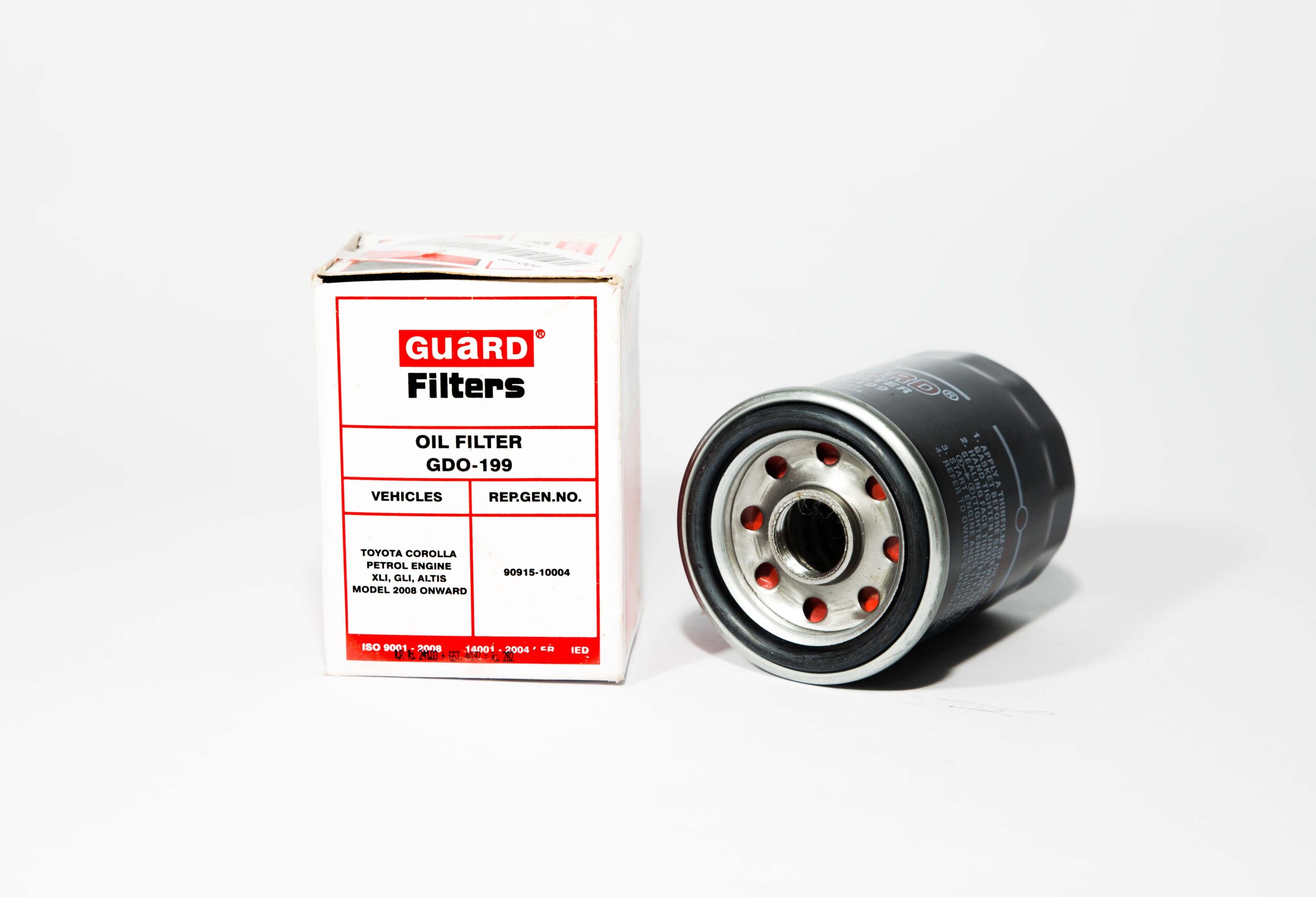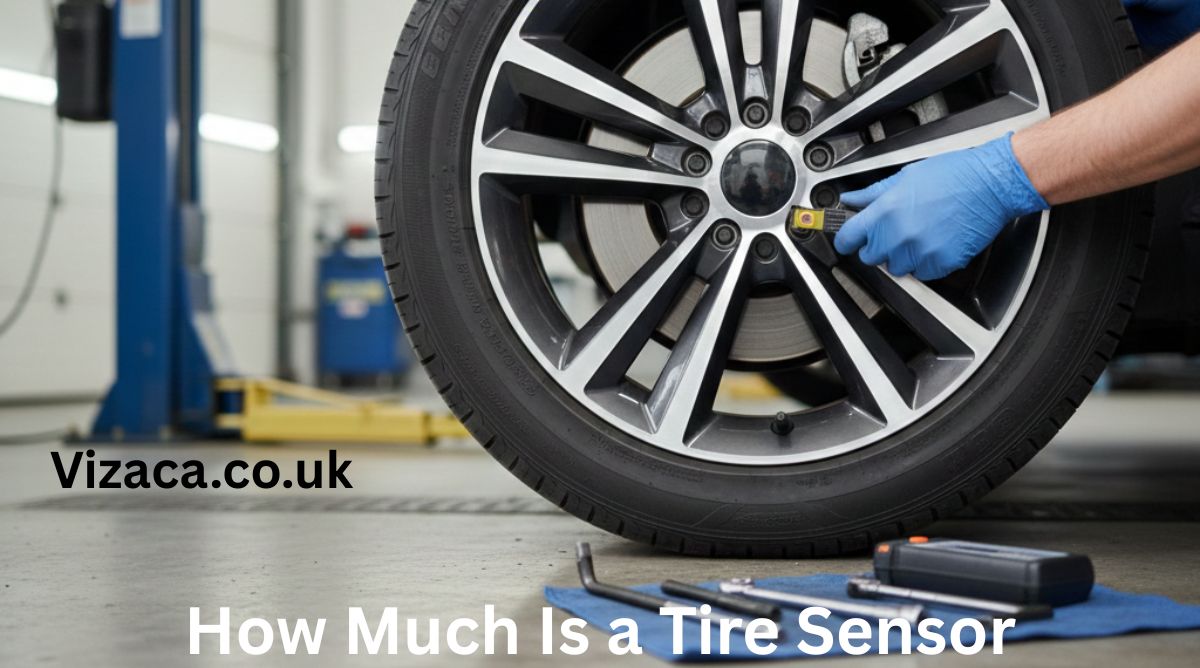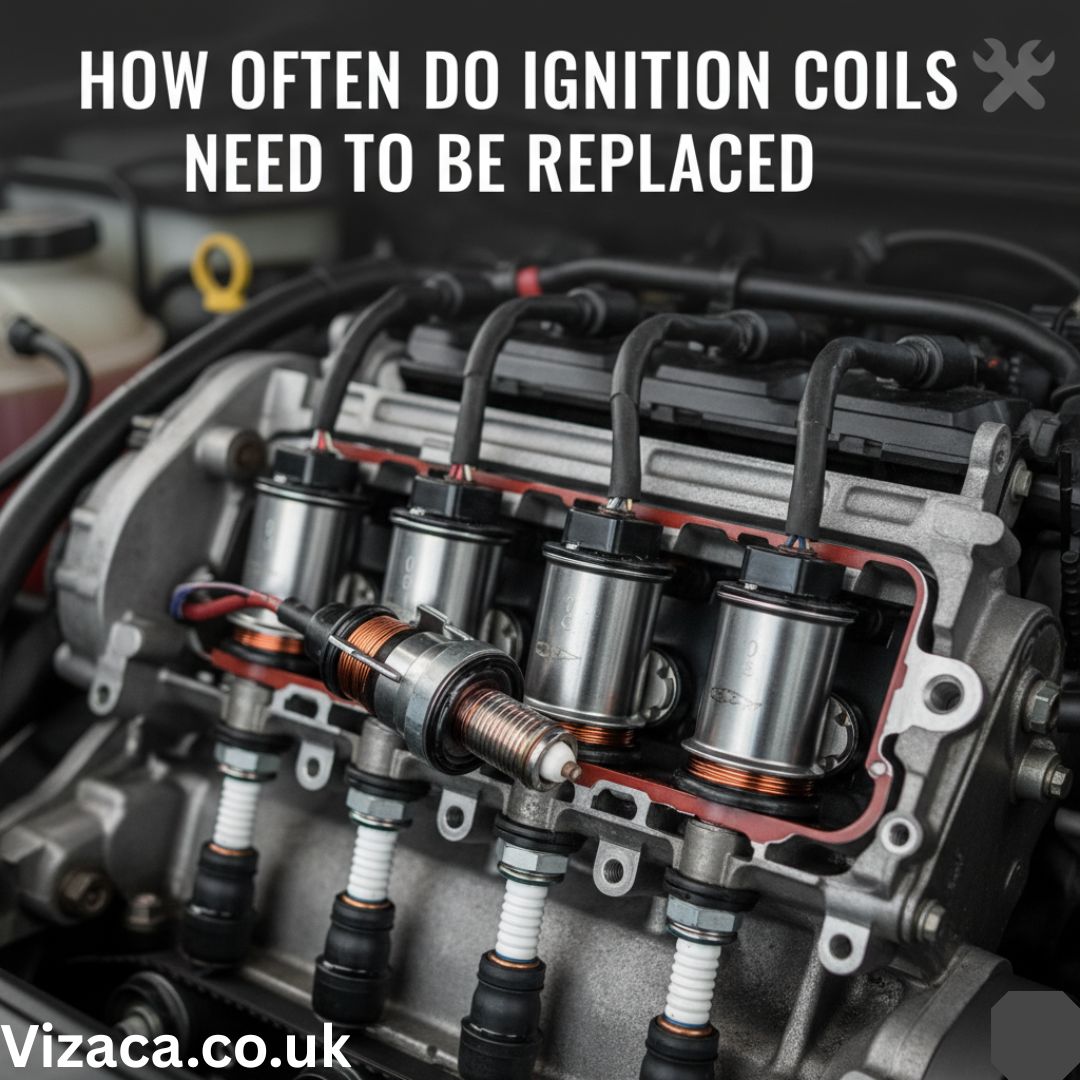Oil filters may seem like small components, but they play a crucial role in preserving the health and longevity of your Toyota Corolla’s engine. In this comprehensive blog post, we’ll embark on a journey to explore the significance of oil filters for the Toyota Corolla, shedding light on their function, signs of wear, replacement intervals, and maintenance tips.
Deciphering the Role of Oil Filters in the Toyota Corolla
Oil filters serve as guardians of your Toyota Corolla’s engine, shielding it from harmful contaminants and ensuring the smooth flow of clean oil. As the engine operates, dirt, debris, and metal particles can accumulate in the oil, posing a threat to engine components. Oil filters trap these contaminants, preventing them from circulating through the engine and causing damage.
Oil Filter Specifications for the Toyota Corolla
When it comes to selecting an oil filter for your Toyota Corolla, it’s essential to choose one that meets the manufacturer’s specifications. While specifications may vary depending on the model year and engine type, here are the typical specifications for oil filters in the Toyota Corolla:
- Thread Size: M20 x 1.5
- Gasket Diameter: Approximately 2.48 inches (63mm)
- Height: Approximately 2.86 inches (72.6mm)
- Relief Valve Pressure: 14-18 psi
Ensuring compatibility with your Corolla’s engine is crucial for optimal performance and protection.
Signs of Wear and Replacement Intervals
Just like any other component, oil filters in the Toyota Corolla are subject to wear and deterioration over time. Recognizing the signs of a worn oil filter and adhering to replacement intervals are vital for maintaining engine health. Here are some common signs that your Corolla’s oil filter may need replacement:
- Decreased Oil Pressure: A worn oil filter can impede oil flow, leading to a drop in oil pressure. If you notice a sudden decrease in oil pressure, it may indicate a clogged or malfunctioning oil filter.
- Engine Knocking or Ticking: Insufficient oil flow due to a clogged oil filter can result in engine knocking or ticking noises, especially at startup or during acceleration.
- Dirty or Contaminated Oil: Inspecting the oil during regular oil changes can provide insight into the condition of the oil filter. If the oil appears dirty or contaminated with debris, it may indicate a failing oil filter.
- Check Engine Light: A illuminated check engine light on the dashboard can signal various engine-related issues, including a clogged or malfunctioning oil filter.
Choosing the Right Oil Filter
When selecting an oil filter for your Toyota Corolla, you have several options to consider:
- OEM Filters: Original Equipment Manufacturer (OEM) filters are designed specifically for your Corolla by the manufacturer. They ensure compatibility and reliability.
- Aftermarket Filters: Aftermarket filters are produced by third-party manufacturers and may offer different features or performance characteristics. It’s essential to choose a reputable brand that meets or exceeds OEM specifications.
Oil Filter Maintenance Tips
Proper maintenance of your Toyota Corolla’s oil filter can help ensure optimal engine performance and longevity. Here are some maintenance tips to consider:
- Follow Recommended Oil Change Intervals: Adhering to the recommended oil change intervals outlined in your vehicle’s owner’s manual is essential for maintaining engine health.
- Check for Leaks: After installing a new oil filter, inspect the area around the filter housing and drain plug for leaks. Address any leaks promptly to prevent oil loss and potential engine damage.
- Monitor Oil Pressure: Regularly monitor your Corolla’s oil pressure gauge or warning light to ensure proper oil flow through the filter.
- Inspect for Damage: Periodically inspect the oil filter for signs of damage, such as dents, cracks, or leaks. Damaged filters should be replaced immediately to prevent oil contamination.
Conclusion
Oil filters may be small, but they play a significant role in protecting your Toyota Corolla’s engine and ensuring smooth operation. By understanding the function of oil filters, recognizing signs of wear and deterioration, and adhering to recommended maintenance practices, you can help prolong the lifespan of your Corolla’s engine and enjoy worry-free driving for miles to come. Regular inspection and replacement of oil filters are essential for maintaining engine health and performance.










